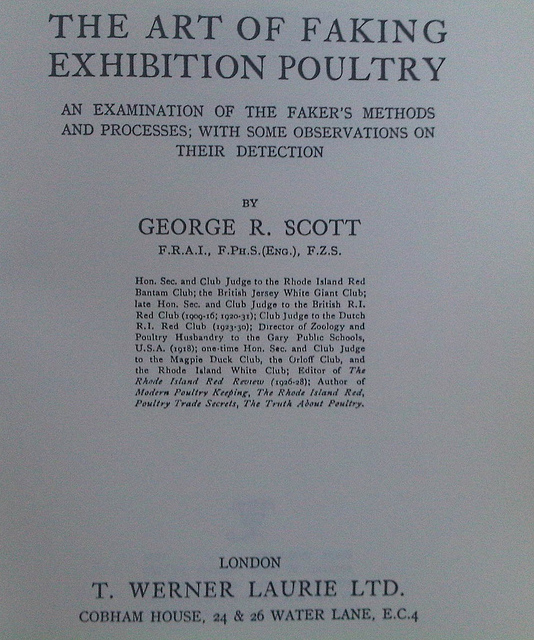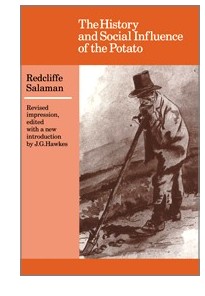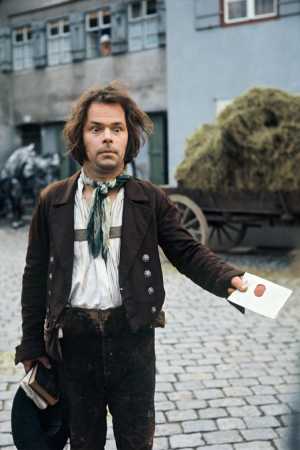Instruct the tinies in your charge to read carefully the passage about Thomas Babington Macaulay’s great-grandfather. Allow sufficient time so that even the dimwits and the ones who drool will be able to complete the task. Standing imperiously at your lectern, your arms folded in the manner of the Reverend J C M Bellew, roar at the top of your voice the following set of questions designed to test the tinies’ comprehension. They should scrape their answers on their slates. Model answers are given below, just in case you yourself have failed to comprehend the passage because your brain is fuming with visions of sprites and monsters.
Q. What did the Laird take from the Minister?
A. The Laird took from the Minister his stipend.
Q. In the jaws of utter destitution, what was the Minister’s admirable cast of mind?
A. The Minister’s cast of mind was valiant.
Q. What was the outcome for the Minister’s health after some time had elapsed?
A. After some time had elapsed the Minister’s health was much impaired.
Q. To what feature of the weather was the Minister exposed in all seasons?
A. The Minister was exposed to the violence of the weather.
Q. We are told the Minister had no manse. What else had he not?
A. The Minister had not a glebe.
Q. Name two other things the Minister had not.
A. The Minister had not a fund for communion elements nor mortification for schools.
Q. For what else might the Minister have been able to use mortifications, had he had them?
A. Had he had mortifications the Minister could have used them for pious purposes.
Q. Where would the Minister have pursued his pious purposes?
A. The Minister would have pursued his pious purposes in Tiree and Coll both.
Q. Describe the air.
A. The air was unwholesome and fetid and murky and rank and corrupt and mephitic and damp and vile and foul.
ADDENDUM : I was going to suggest that in the next part of the lesson you get the tinies to deconstruct the passage, but having read the following, I suspect that would not be such a good idea:
“Asked to characterise the deconstructionists he has known, an exasperated professor who specialises in modern British literature delivered this tirade: ‘Arrogant, smug, snotty, meretricious, addicted to straw-man arguments, horrible writers who demand to be of the company of Jane Austen and Chaucer, appallingly ingrown and cliquish at the same time that they talk about expansiveness and new frontiers of discourse, unbelievably wooden and mechanical at the same time that they make their wooden and mechanical obeisances to jouissance and free-play, like all perpetual adolescents contemptuous of the past and convinced that by great good fortune the truth happened to be discovered just as they were hitting puberty, a daisy-chain of brown-nosers declaring their high-flown independence from the normal irksome constraints of community and continuity, who without the peculiar heads-I-win-tails-you-lose rationale of their arguments – if evidence and logic bear me out, fine, if not, we can always deconstruct them – would almost none of them have written an essay that could stand up in a decent senior seminar.'”
Quoted in David Lehamn, Signs Of The Times : Deconstruction And The Fall Of Paul De Man (1991). Sadly, Lehman does not reveal the identity of this prize ranter.




